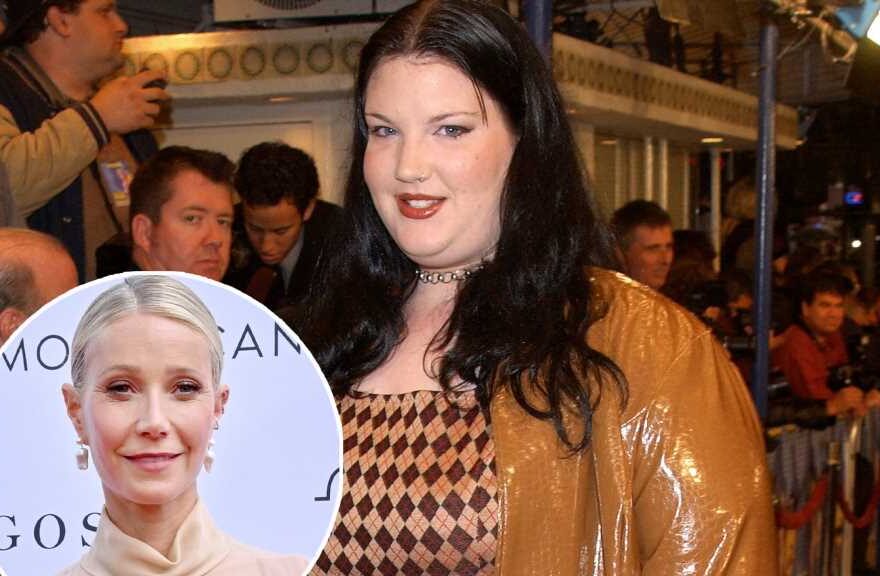"I was so thin you could see my teeth through my face and my skin was all grey," she said, noting she was "technically starving to death."
Ivy Snitzer is opening up about her experience appearing as Gwyneth Paltrow’s body double in the 2001 film Shallow Hal.
In an interview with Amelia Tait, the former-actress reflected on how the movie affected her, and how it has aged after all these years.
“Mostly, I just wanted to be funny,” said Ivy of her 20-year-old self, an acting student who had wanted to be an actor or comedian.
17 Actors Who Didn't Like or Regretted Major Movie & TV Roles
She initially didn’t have any issue with the premise of the film, which she noted seemed progressive at the time.
“At that point, if you saw someone obese in a movie, they were a villain,” said Snitzer. On the other hand, the character Rosemary, “was cool, she was popular, she had friends.”
Snitzer also recalled that the experience filming was also pleasant.
“It was so exciting. It was just fun to be part of a movie – there’s so few people who actually get to do that in the world,” she said. She also added that the people on set, “treated me like I really mattered, like they couldn’t make the movie without me,” and noted that she felt “really comfortable” when they were filming her.
However, Ivy didn’t expect the reaction to the film, or how widespread it would be.
9 Famous Men Who Have Gotten Candid About Eating Disorders
“It didn’t occur to me that the film would be seen by millions of people,” she said. She was sent diet pills in the mail and bashed for saying “it is not the worst thing in the world to be fat,” and even the positive attention (like receiving a symphony someone wrote just for her,) wasn’t exactly what she wanted.
“I got really scared and I just got really small,” she shared. “I was like, ‘Maybe I’m done with the concept of fame, maybe I don’t want to be an actor. Maybe I’ll do something else.”
Soon after, the actress got lap-band surgery, but after the procedure, she said she “got essentially a torsion, like dogs get and then die.”
“I was so thin you could see my teeth through my face and my skin was all grey,” she said, noting she was “technically starving to death.”
At the time, though, she thought that the surgery was a “fantastic” idea to do “something that’ll fix [my weight].”
“If you’re fat, you’re supposed to try to not be. I hated my body, the way I was supposed to. I ate a lot of salads. I had eating disorders that I was very proud of.”
“It didn’t occur to me that I was supposed to be ashamed of those behaviors, like a lot of people are,” recalled Snitzer. “For me, I was supposed to be proud of them.”
Ivy, who is now an insurance agency owner in Philadelphia, eventually found her way to a “lot of stability” in her life — you can learn more about her journey here.
If you or someone you know is struggling with an eating disorder, get help. Contact the National Eating Disorders Association (NEDA) at 1-800-931-2237 or go to NationalEatingDisorders.org.
Source: Read Full Article



